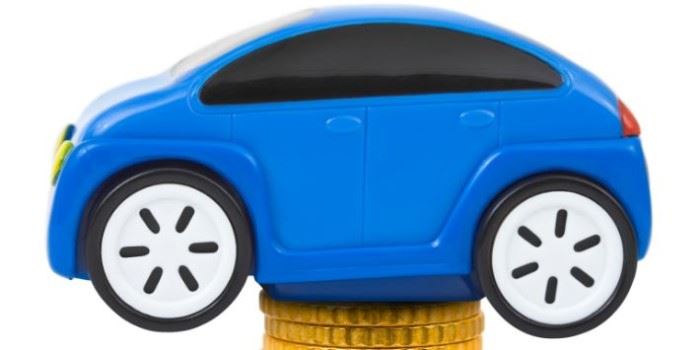The financial benefits granted to owners of electric cars have made Norway the country with the largest fleet of plug-in electric vehicles per capita in the world. But there will have to be many more zero emissions cars on the road if greenhouse gas emissions from road traffic are to decrease significantly.
SINTEF has therefore been working with Enova* to analyse data from the Norwegian Electric Vehicle Association’s 2014 membership survey to see which instruments are valued most by people buying electric cars.
The questionnaire did not contain any questions about whether the climate and environment were important to the electric car drivers. But the responses tell us a great deal about which measures will promote further sales of electric cars in Norway, according to SINTEF researcher Kristin Ystmark Bjerkan.
“Based on what we have seen, our advice is to continue in the same vein. That means: using national measures that reduce everyday costs for electric car owners, and combining these measures with instruments that reduce inconvenience and provide benefits in terms of everyday motoring”, says Bjerkan.
Price reduction most powerful measure
The owners of electric cars in Norway benefit hugely from a range of measures designed to promote the transition to this kind of vehicle: exemption from purchase tax and VAT on the purchase, low annual fees, free use of toll roads, free parking, access to bus lanes and free use of domestic ferries.
“The survey generated two main responses. Not surprisingly, it shows that the huge savings on the purchase price are the biggest benefit. But we also see that the controversial and somewhat criticised local free benefits are measures that work”, says Bjerkan.
… but toll road savings are important to many people
Two thirds of the 3,400 electric car owners in the survey included the VAT exemption and exemption from purchase tax in their reply to what was an influential factor in their decision to buy an electric car. No other combinations occurred more frequently in the responses than these.
At the same time, almost half of the participants included free use of toll roads in their list of important factors.
Only 10 per cent of the participants stated that one instrument alone was enough to make them buy an electric car. Of these, fully a quarter said that the exemption from toll fees was an important factor in their purchase – and almost a fifth said that being able to use bus lanes was important.
Different focus in the cities
Because of the increase in the number of electric cars, increasing pressure on the transport system in cities and apparent competition between electric cars and public transport, the local benefits have been the subject of fierce debate for some time.
However, the survey shows that it is these measures that prove to be the biggest incentive in certain geographical areas.
In the municipalities around Oslo, the ability to drive in bus lanes has been more significant than in other places. In Trondheim, the same applies to the exemption from toll fees.
Criticised but effective
“Some people like to say that free access to bus lanes and free use of toll roads are like gilt-edged benefits for the privileged few. But this shows us that the instruments which are now under threat are important to potential electric car buyers in two of the country’s biggest cities”, says Bjerkan.
She has reviewed the survey with her SINTEF colleague Marianne Elvsaas Nordtømme and Senior Advisor Tom E Nørbech of what used to be Transnova (now Enova).
The three have recently jointly published the results in the scientific journal Transportation Research Part D: Transport and Environment.
* Enova is a public company owned by the Ministry of Petroleum and Energy, which works closely with public and private enterprises to reduce energy consumption and increase power generation from renewable sources.


